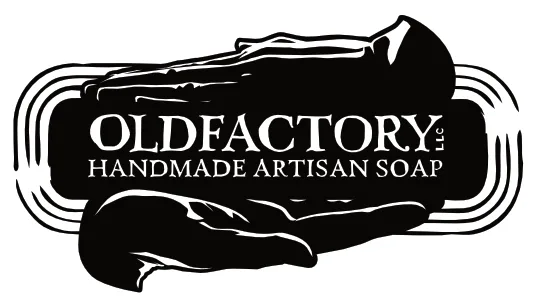Uncategorized
Good Karma Sale
Heres an idea: Good Karma Holidays
A new movement by follow small business owner The Wild Unknown, “Black Friday/Small Business Saturday/Cyber Monday are infamous for stirring up a frenzy of expectations and feelings of lack and scarcity. Yes, there’s an increase in sales — but they always seem to leave us feeling disconnected and conflicted, and with an unfulfilling sense of what the holidays are all about. In 2013, we decided to raise the vibration of our annual holiday sale with the launch of our Good Karma Movement, inviting other artists, designers, brands and businesses to join us in our shared commitment to donate 5-10% of our Black Friday through Cyber Monday revenue to charity.
This year Old Factory is jumping on board, supporting a cause that we believe is vitally important: clean water.
So heres the deal:
Use coupon code “goodkarma”
all week at oldfactorysoap.com and receive:
20% OFF for you +
10% DONATED OF YOUR PURCHASE to Standing Rock,
helping to protect clean water, among other rights.
Here at Old Factory we firmly believe in protecting our water. Water is life, clean water is vital to our continued life on earth. Click the poster below to learn more about the organization we are donating to, 10% off all sales this week will go towards this cause.
Excerpt from standwithstandingrock.net
The Standing Rock Sioux Indian Reservation is home to Dakota and Lakota people of the Standing Rock Sioux Tribe. Since time immemorial, they have lived and governed a vast territory throughout North and South Dakota, and parts of Montana, Wyoming, Minnesota, Iowa and Nebraska. Currently, the Tribe is located in central North and South Dakota.
Despite strong objections from the Tribe from the first time they heard of the project, on July 25, 2016, the U.S. Army Corps of Engineers (Army Corps) granted authorization to the Dakota Access Pipeline to cross Lake Oahe as part of the construction of a 1,100-mile pipeline that is proposed to carry over a half-million barrels of Bakken crude oil to Illinois and across four states. The current route of construction takes the pipeline less than one half mile from the Tribe’s reservation border, and thus the Tribe maintains a sovereign interest in protecting its cultural resources and patrimony that remain with the land. In addition, all along the route of the pipeline are sites of religious and cultural significance to our people, including burial sites of our ancestors. The pipeline would cross the Tribe’s traditional and ancestral lands and the construction of the pipeline jeopardizes many sacred places. But, while federal law requires meaningful consultation with the Tribe on these matters, that has not happened here. The Tribe opposes DAPL because we must honor our ancestors and protect our sacred sites and our precious waters.
Initially, Dakota Access considered two possible routes of construction: a northern route near Bismarck, and the southern route taking the pipeline to the border of the Standing Rock reservation. Federal law requires the Army Corps to review—and ultimately deny or grant—Dakota Access’ application for the necessary permits to construct the pipeline because the southern route takes the pipeline across the Missouri River and Lake Oahe, implicating lands and water under federal jurisdiction.
In the initial environmental assessment, the maps utilized by Dakota Access—and reviewed and incorporated by the Army Corps—did not indicate that the Tribe’s lands were within one half mile of the proposed crossing of Lake Oahe. Furthermore, the company selected this route because the route to the north would be near and could jeopardize the drinking water of the residents in the city of Bismarck. The company’s initial draft environmental assessment of December 9, 2015 made no mention of the fact that the route they chose brings the pipeline near, and could jeopardize, the drinking water of the Tribe and its citizens. It actually omitted the very existence of the tribe on all maps and any analysis, in direct violation of the US environmental justice policies.
The Standing Rock Sioux Tribe has been actively opposing the permitting and construction of the Dakota Access Pipeline since the Tribe first learned of the proposal in 2014 and the pipeline’s proposed construction. The Tribe has voiced its strong opposition to the company, to the federal government, to Congress, and to the State. Yet, the Tribe’s plea was ignored and instead the US sided with the project developer. From the beginning, the Tribe’s Tribal Historic Preservation Office requested tribal consultation, but their requests were never fulfilled.
The Tribe continued its efforts to engage as many decision-makers as possible and actively oppose the Dakota Access Pipeline. The Tribe submitted several sets of detailed comments to the Corps, met with high level officials in Washington, DC, and communicated on numerous occasions with the North Dakota Congressional delegation over the past few months. The Tribe specifically met with numerous federal agencies to discuss the harm imposed by the pipeline, including: the Environmental Protection Agency, the Department of the Interior, and the Advisory Council on Historic Preservation. All three agencies subsequently wrote letters to the Army Corps expressing environmental and cultural resource concerns related to the pipeline.

